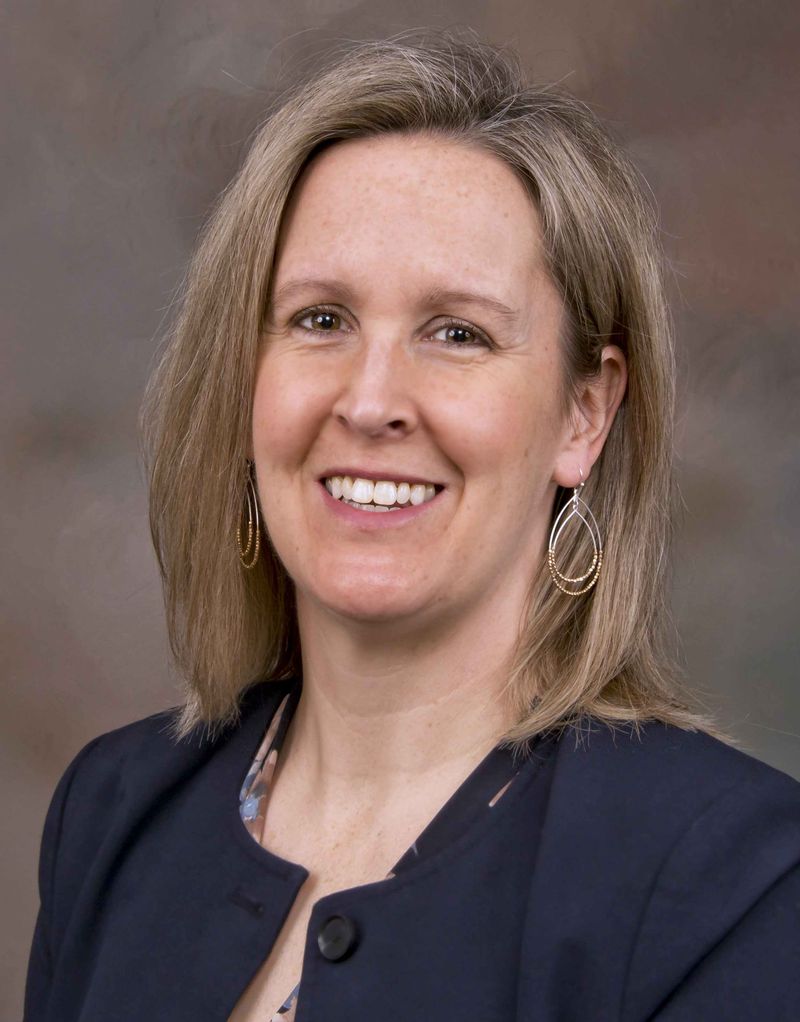Cervical Cancer Awareness: Understanding the HPV Vaccine

Monday, January 30, 2023
January is Cervical Cancer Awareness Month. Annually, close to 14,000 individuals in the United States are diagnosed with cervical cancer. Of those, 4,000 die every year.
Many of us are vaccinated against measles, mumps, chickenpox, polio, hepatitis B and an array of other illnesses. Our parents helped ensure we received those vaccines as children to help protect us as we grew and through adulthood. But did you know there is a vaccine that prevents several types of cancer?
“The human papillomavirus (HPV) vaccine nearly eliminates the risk of a woman developing cervical cancer and also helps prevent the spread of HPV among both men and women. It helps reduce the burden of disease from HPV, including common warts, genital warts, cervical cancer, and several other cancers,” said Rachel B. DiSanto, a physician at Statesville Family Practice.
The HPV vaccine helps prevent six different cancers that are caused by HPV, the most common sexually transmitted infection in the United States. In fact, HPV is so common that almost every sexually active person will get HPV at some point — if they don’t get vaccinated.
HPV does not usually cause any symptoms, so most infected people don’t even know they have it. Some find out they have HPV when they get genital warts, women may find out when they have an abnormal Pap test, and others may find out when it’s too late.
HPV infections cannot be treated, and while many HPV infections go away on their own, some can turn into cancer. But, there’s no way to tell which infections will go away on their own and which will develop into something more serious.
The best way to keep yourself and loved ones safe? Vaccinate against HPV.
Addressing the Concerns
Despite recommendations for HPV vaccination from the World Health Organization, the Centers for Disease Control and Prevention, and several national health organizations, like the American Academy of Pediatrics, some remain hesitant to vaccinate against HPV.
This is partially due to the myths and misunderstandings surrounding the HPV vaccine.
“There has been a significant amount of misinformation in the media and on the internet about the HPV vaccine, but all of these claims have not been proven true in research,” said DiSanto.
“In fact, after over 30 years of data with this vaccine, we know that it is a very safe and effective vaccine,” she added.
About the HPV Vaccine
DiSanto notes that sometimes parents feel there is no need to vaccinate children against HPV until their child is sexually active, but emphasizes that early vaccination is key to prevention. Especially since nearly all people are infected with HPV within months to a few years of becoming sexually active.
“It’s important children receive the full vaccine series prior to a child becoming sexually active to prevent them from contracting the HPV virus,” said DiSanto.
The American Academy of Pediatrics recommends HPV vaccination for all children, both boys and girls, starting between ages 9 and 12.
“If a child receives the series before age 15, they only need two shots instead of the original three shots. So, it will save your child one poke if they get it before age 15,” said DiSanto.
The HPV vaccine can be given by a pediatrician, primary care provider, or at a health department. Similar to other vaccines, the HPV vaccine may cause soreness in the arm and some general fatigue for a few days.
According to DiSanto, by law, coverage of the HPV vaccine is required by all insurers, including Medicaid.
For more information on the HPV vaccine, talk with your primary care provider.
DiSanto practices at Statesville Family Practice, located at 310 Davie Avenue. She sees patients of all ages. If you would like to schedule an appointment with Dr. Rachel B. DiSanto for you or your child, you can call the office at 704-873-3269.
Originally posted by Greater Statesville Chamber of Commerce via Locable
Greater Statesville Chamber of Commerce
116 N Center St
Statesville, NC 28677
704-873-2892
www.statesvillechamber.org

